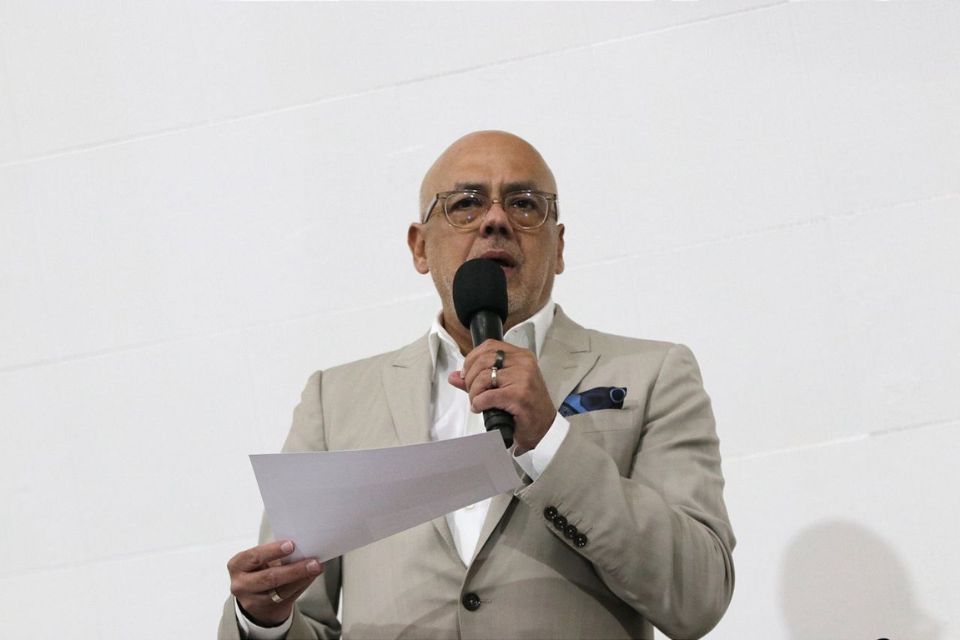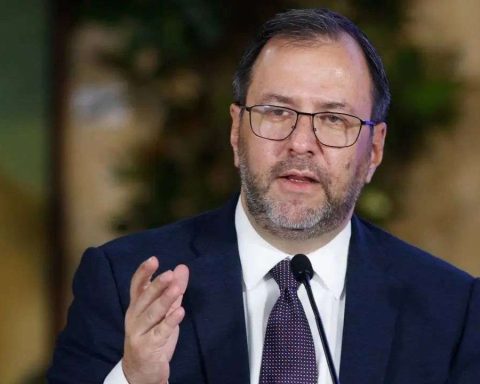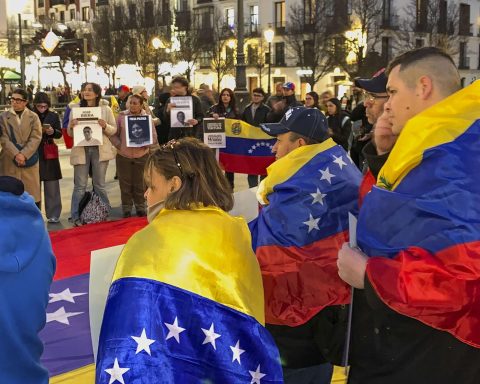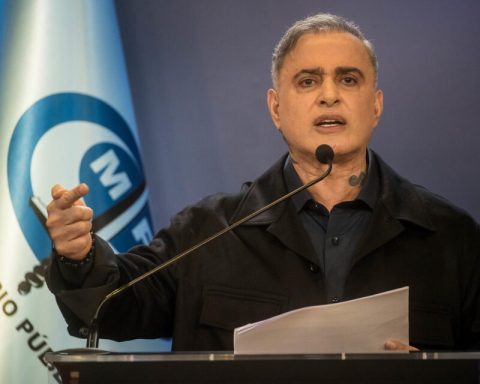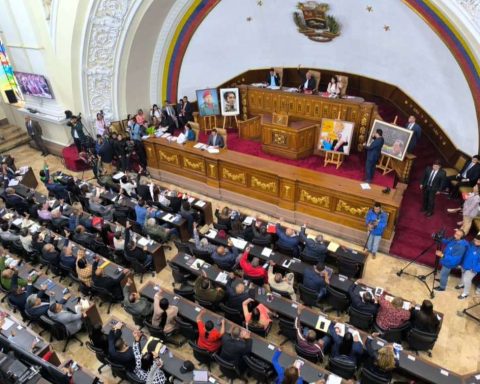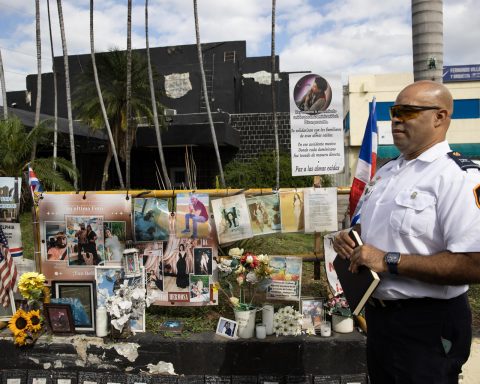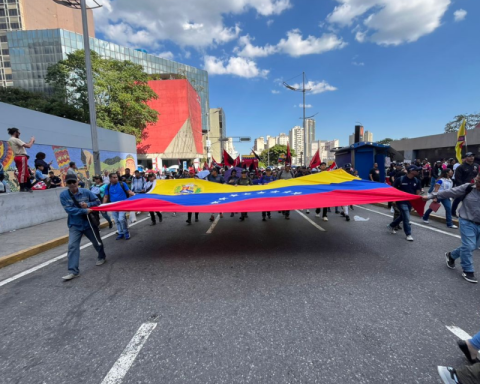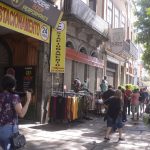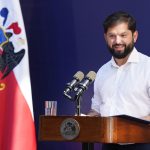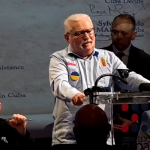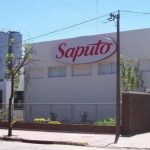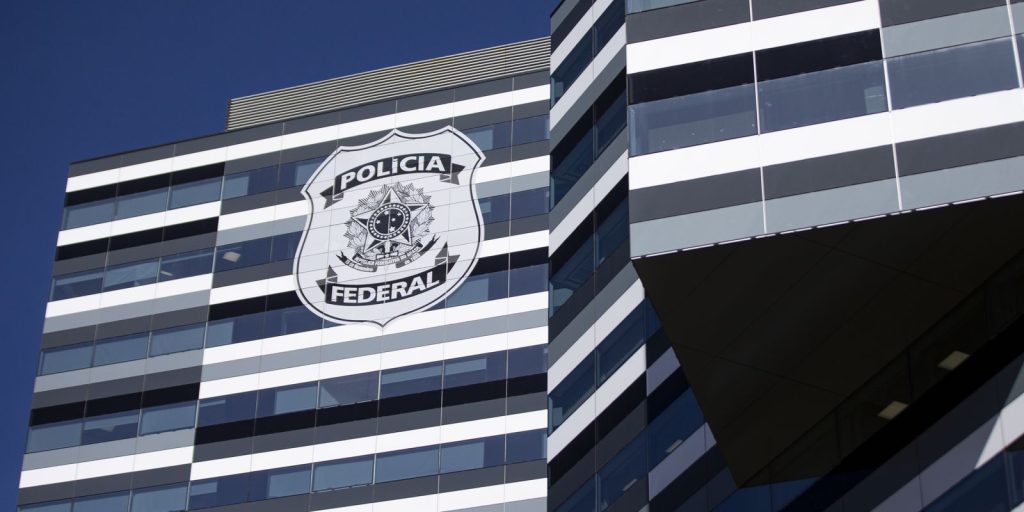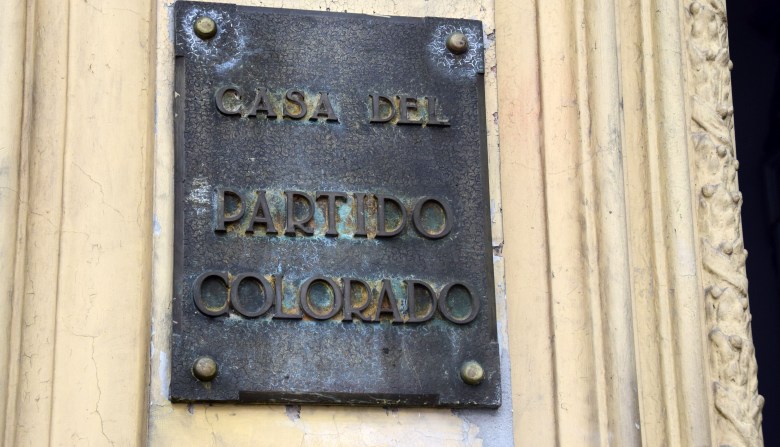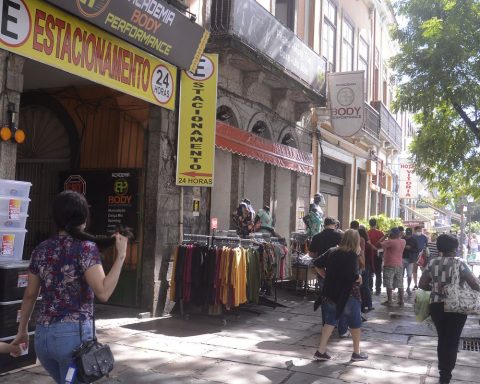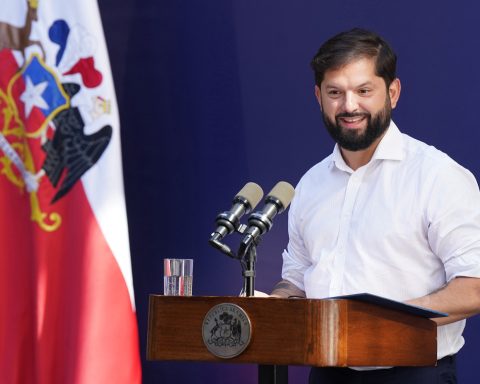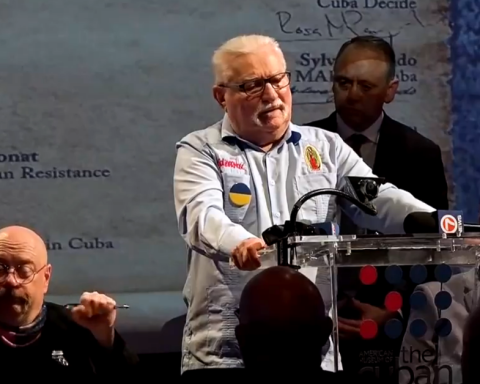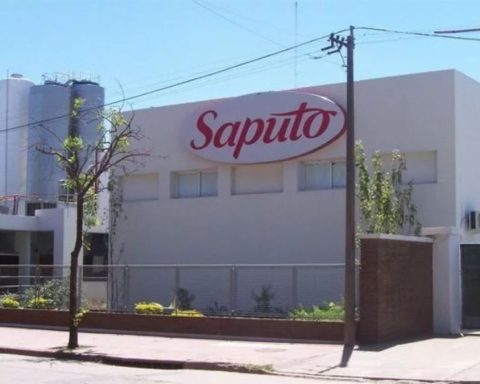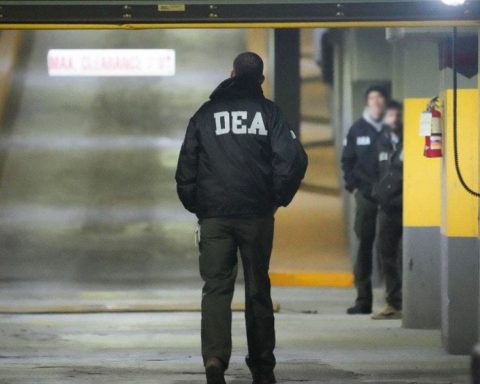The 2020 National Assembly unanimously approved an agreement rejecting Law HR 825 approved by the US House of Representatives. Deputy Carlos Mogollón (PSUV – Capital District) presented the document to the plenary session. The opposition and the ruling party agreed on the fact that the law “suffocates” Chavistas and non-Chavistas and that it seeks to perpetrate “crimes against humanity” against the population.
The president of the National Assembly (AN) of 2020, Jorge Rodríguez, proposed the creation of the “special liberator Simón Bolívar law against the blockade and for the defense of the Republic”, a norm that seeks to sanction Venezuelan politicians who celebrated the approval of Law HR 825 , also called the Bolívar Law, by the United States House of Representatives.
Rodríguez made the proposal in the ordinary session of this November 19 because he considered that this instrument is a new “bomb” against the Venezuelan population.
“If you request, support and celebrate acts of aggression against your own land and your people, you have lost your status as a woman and man born on this land,” warned the head of parliament. At the same time, he proposed political disqualification in perpetuity against those who have supported the aforementioned norm which, in his opinion, gives the green light to the execution of harmful acts against the Republic.
He recalled that the Constitution prohibits those who have been convicted of crimes committed during the exercise of their duties from seeking public office. He stressed that, in this case, these are crimes against the entire territory and the most vulnerable population.
Another of the ideas that he put on the table was the application of the Asset Forfeiture Law against these people and their associates and that the resources obtained be used to contribute to the Executive to help “in the fight against the blockade.”
For Rodríguez, with the norm, the US “shows how low they are.” He pointed out that the law is an act to insist on some of the most aggressive actions that the country has known and that it has characteristics against humanity “because they are aimed at the extermination of freedom, mainly economic freedom.”
The creation of a special commission to draft the standard was approved. It was ordered that it be presented for first discussion in the session of November 21 and then discussed for a second time in the session of Tuesday, the 26th of this same month.
The United States House of Representatives approved on Monday, November 18, the so-called Bolívar Law, which seeks to increase pressure on the government of Nicolás Maduroprohibiting federal agencies from carrying out commercial transactions with individuals or entities that support the Venezuelan government.
The legislation, promoted by congressmen Mike Waltz and Debbie Wasserman Schultzhas been hailed as one more step towards the international isolation of the Maduro administration and its immediate entourage.
*Read also: Maduro Administration rejects Bolívar Law because it “impedes” relations with the US
The agreement against the law
The 2020 National Assembly approved the agreement unanimously. Deputy Carlos Mogollón was the one who presented the document to the plenary session. From the speakers’ gallery, he denounced that the US House of Representatives seeks to attack the name of Simón Bolívar by using an acronym, “almost untranslatable”, so that his initials are the last name of the liberator.
Mogollón deplored that Venezuelans in the US support this bill. He warned that these citizens “commit treason to the country.” According to the parliamentarian, if approved, the rule will allow the US to “persecute” all companies that Venezuela hires to provide technical services in the different industries that operate in the country.
He stated that the legal instrument violates regulations and “international coherence.” He stated that he also seeks to increase the imposition of sanctions against the country, “not against the government, but against the people of Venezuela.”
He rejected the second article, which establishes that exceptional cases may only be authorized by the US Department of State.
«The exception is what the US Department says, that is, what Marco Rubio, who will be the next secretary, says. If the US Department says that US oil interests are defended (with the agreement), then if it is approved (the provision of that service to Venezuela). “We denounce this as an act of interference,” he said.
Mogollón celebrated the fact that 30% of congressmen either abstained or voted against this bill. «That means there is hope. We join the statement from the Foreign Ministry denouncing this type of abuse. We appeal to the coherence of international organizations, the UN and the solidarity of the international community, especially the countries of the region.
“Asphyxiation Law”, according to the opposition
The opposition did not refute a single aspect of the draft agreement; On the contrary, he added his support. On behalf of the Democratic Alliance, deputy José Gregorio Correa stated that this bill harms the entire country and not only the government of Nicolás Maduro.
Correa also criticized the opposition sectors that support the initiative of the US House of Representatives. The deputy stated that the dissident wing led by Machado “stimulates blockades and sanctions on a daily basis” not only from abroad but also “from Las Mercedes (Baruta) and Los Palos Grandes (Chacao).”
The parliamentarian questioned that “these guys who violate the rule of law”, by supporting the norm, “tomorrow or the day after we will find them as candidates for mayors, governors, even here.”
“Would I like to know what this chamber would be like with those kinds of people?” he asked himself. Likewise, he stressed that this is “a law of suffocation for those of us who think in one way or another.”
Information points in the AN
At the beginning of the session, during the speaking rights and information points, representative Gladys Gutiérrez deplored the alleged “attacks” that, according to her, the opposition sector led by María Corina Machado has perpetrated against the oil industry. The parliamentarian cited the complaints made by Vice President Delcy Rodríguez on Monday, November 18, to make the statements before the plenary session.
Gutiérrez was followed by representative Anyelith Tamayo who celebrated the holding of the elections for the student authorities at the Central University of Venezuela (UCV), last Friday, November 15. The representative asserted that the process showed the need for young people to defend democracy at home, but also in the country.
What Tamayo said was discredited by the president of the National Assembly, Jorge Rodríguez, who pointed out that just over 4% of the student population of the university went to vote. For the head of the Legislature, the student authorities who were elected only sought to win to “answer calls from national leaders,” referring to political parties.
Rodríguez added that the elected authorities have little to do with the needs of the students. He stressed that it is necessary to “assume the responsibility of rescuing the house that overcomes the shadows.”
Representative Zulaymis Gascón (PSUV – Delta Amacuro) warned about the viralization on social networks of challenges in which children are encouraged to mix substances that threaten life and physical integrity.
«From the AN we repudiate these acts and in line with what President Nicolás Maduro said, we urge parents and representatives to monitor our children, to verify what they do when they manipulate electronic equipment and are on social networks. “They are exposed to challenges and violent information.”
Following what the parliamentarian said, the formation of a commission was approved to begin the creation of a law on social networks and the impact they have on the population, especially children.
The president of parliament, Jorge Rodríguez, ordered that the body, made up of deputies from the family, health and science and technology commissions, present a report on the matter in the next few hours.
In the session on November 19, the artificial intelligence bill was unanimously approved in its first discussion.
Post Views: 60
